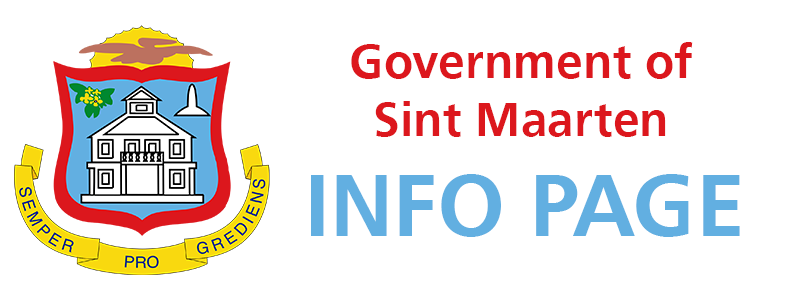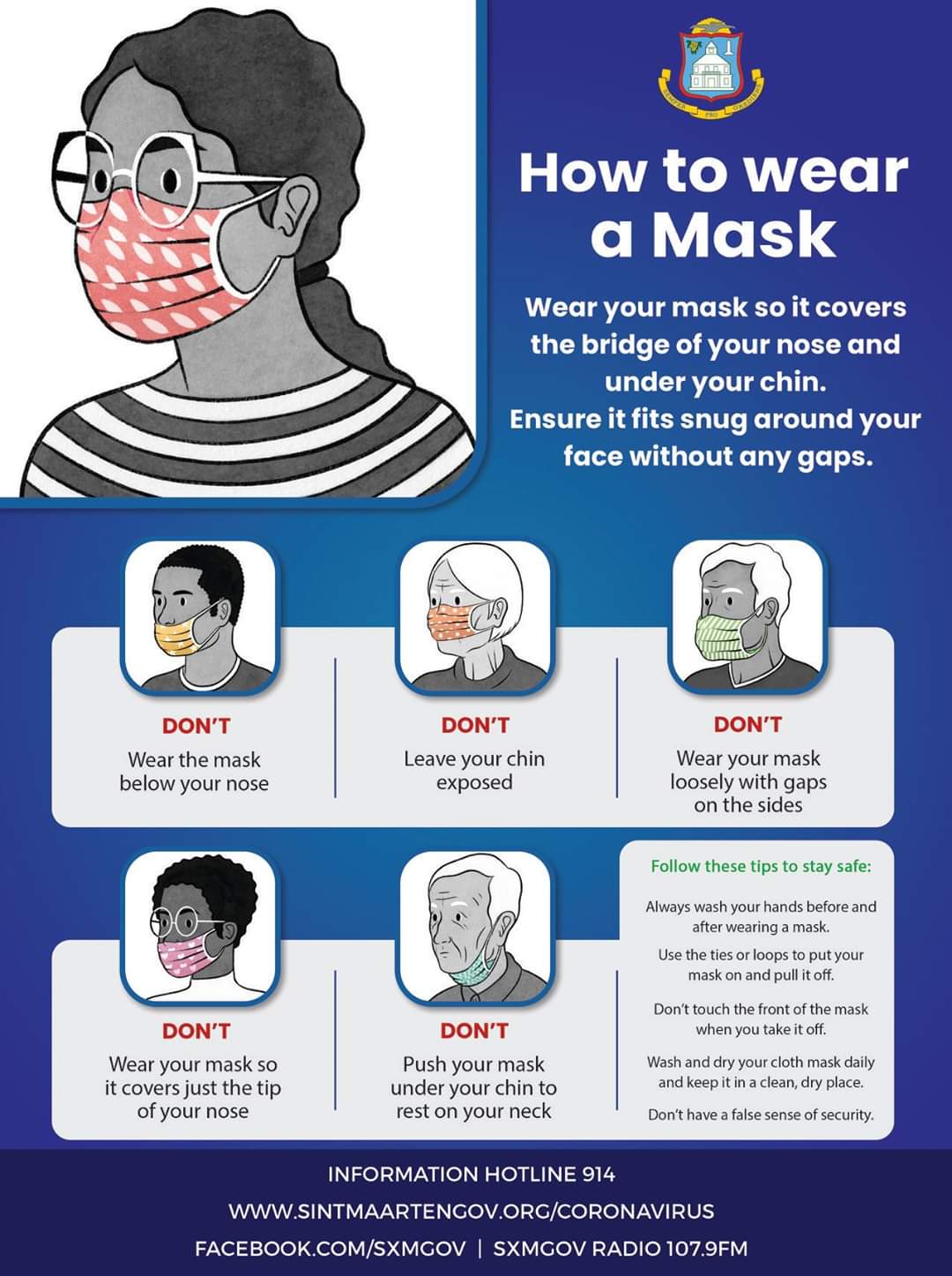INSPECTORATE URGES EMPLOYERS AND EMPLOYEES TO PRIORITIZE WORKPLACE SAFETY AND COLLABORATE IN ENSURING WORKER WELL-BEING
The Inspectorate of Labor, the nation's leading authority on labor regulations and workers'; rights, is issuing a powerful call to action, urging employers and employees to prioritize workplace safety and collaborate in creating safe and healthy working environments. With a particular emphasis on protecting workers against the hazards of excessive heat exposure, the Inspectorate of Labor underscores the importance of collective efforts in safeguarding employee well-being.
As the summer season reaches its peak, the Inspectorate of Labor recognizes the heightened risks posed by soaring temperatures and prolonged sun exposure. Heat-related illnesses, such as heat exhaustion and heatstroke, can have severe consequences on the health, productivity, and safety of workers. To address these risks, the Inspectorate of Labor urges employers and employees to work hand in hand, implementing effective preventive measures that ensure the well-being of all workers.
Key recommendations for employers:
- Comprehensive Risk Assessments: Employers are strongly encouraged to conduct thorough risk assessments to identify potential hazards related to heat exposure in the workplace. These assessments should consider factors such as temperature, humidity, and the nature of work activities. By understanding the specific risks faced by their workforce, employers can develop appropriate strategies and controls to mitigate these hazards effectively.
- Employee Awareness and Training: Employers should prioritize employee awareness and training programs that educate workers about the risks associated with excessive heat exposure and the importance of preventive measures. Training should cover topics such as recognizing the symptoms of heat-related illnesses, proper hydration practices, appropriate clothing choices, and the use of personal protective equipment (PPE) designed to mitigate sun-related hazards.
- Provision of Adequate Personal Protective Equipment (PPE): Employers must ensure that workers have access to suitable PPE that offers protection against the harmful effects of the sun. This includes providing wide-brimmed hats, UV-protective clothing, safety glasses with UV filters, and sunscreen with a high sun protection factor (SPF). The availability and proper use of PPE should be communicated clearly to all employees.
- Implementation of Flexible Work Arrangements: Employers are encouraged to consider flexible work schedules that allow employees to avoid working during the hottest hours of the day whenever feasible. By adjusting work schedules or providing additional breaks during peak heat periods, employers can minimize the risks associated with excessive sun exposure and create a safer working environment.
Key recommendations for employees:
- Knowledge and Self-Care: Employees play a crucial role in their own safety and well- being. It is essential for workers to educate themselves about the signs and symptoms of heat-related illnesses and adopt preventive measures accordingly. This includes staying properly hydrated by drinking water regularly, wearing lightweight and breathable clothing, seeking shade during breaks, and taking rest periods when needed.
- Reporting Hazards and Concerns: Employees are encouraged to promptly report any potential hazards or concerns related to excessive heat exposure to their supervisors, safety representatives, or relevant authorities. Timely reporting allows employers to address issues swiftly and take appropriate actions to mitigate risks.
- Active Participation: Employees should actively participate in safety training programs and adhere to the guidelines and recommendations provided by their employers. This includes consistently wearing the provided PPE, following proper procedures for hydration and rest breaks, and supporting a culture of safety by encouraging their colleagues to prioritize workplace well-being.
The Inspectorate of Labor emphasizes that workplace safety is a shared responsibility.










